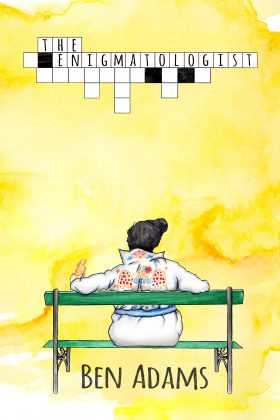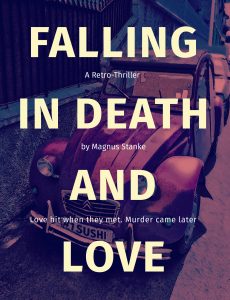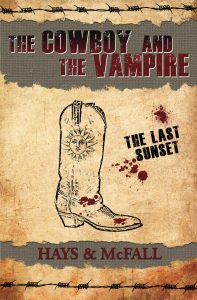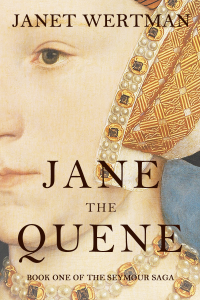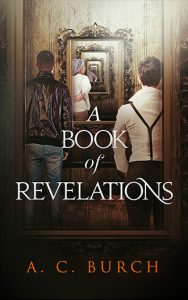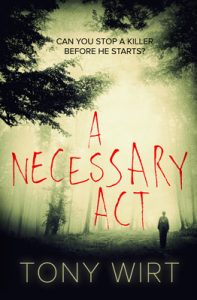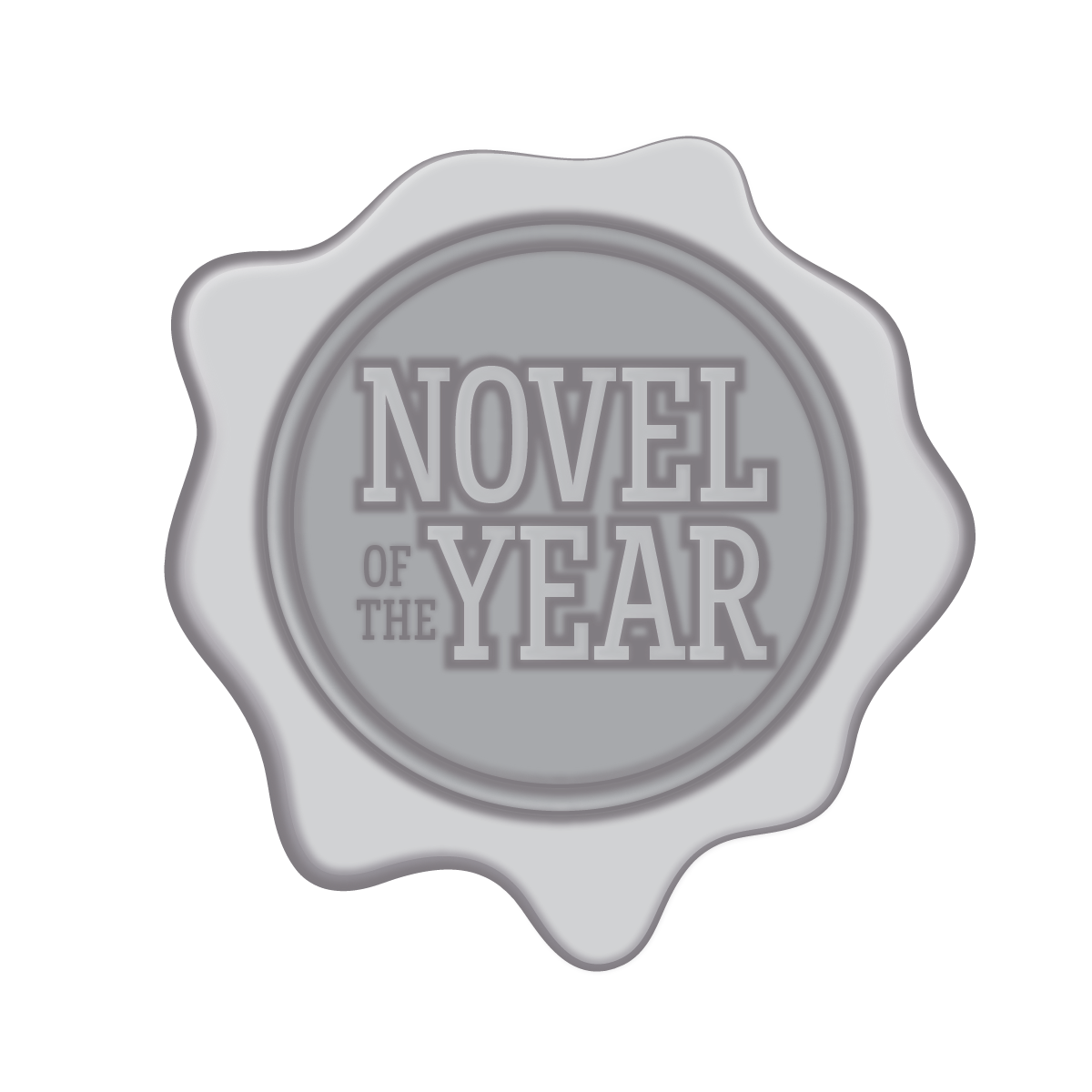The Rundown
The Enigmatologist takes its title from the professional aspirations of protagonist John Abernathy, a graduate in that field from The Boulder School of Esoteric Art and Impractical Design. A disillusioned twenty-something, John is working as a private detective until he hits it big in the world of crossword puzzle development. Despite his success at the endeavor in college, he’s got a case of writers’ block (puzzlers’ block?) and has been staring at a blank grid for months, hoping for inspiration that isn’t coming. When The National Enquirer calls to hire his agency to investigate a possible Elvis sighting, John jumps at the chance, happy to have a break from chasing down and photographing philandering spouses.
John heads to Las Vegas, New Mexico expecting to find nothing more than an Elvis Impersonator. Instead, he gets caught up in some top-secret military investigation of aliens, a would-be (on her part) romance with a crazy Elvis fanatic cougar, an actual romance with the owner of the local diner, and an unlikely but fun friendship with the local sheriff and Al Leadbelly–the Elvis Impersonator.
The madcap, fast-paced and convoluted plot make this an enjoyable puzzle, as long as you’re ready to set reality aside and do some work to follow the often very tenuous clues. While John could have as effectively had a degree in fine arts, literature, music, anthropology or any other degree that leads so many twenty-something to flounder while waiting for their “big break,” in the end, his ambition to be an enigmatologist (and his references to various humorously named classes at his alma mater) seems appropriate. Like the cryptic titles and ambiguous clues of crosswords that come together, if only loosely, the vague clues and links all comes together in the end, and it seems to fit.
The story is enjoyable and the storytelling and writing is good, but this could use another round of line edits. The story is sprinkled throughout with extra or missing words: those errors that sneak in from sloppy cut/paste errors. Normally, that sort of thing at such a high frequency can be enough to set a book aside, but if you can shrug those off, it’s worth the read.
3.5 out of 5 stars. 4 stars for creativity and pulling together a zany plot, but 3 stars because of the myriad minor cut/paste errors leaving in extra words, omitting words, or repeating them.
The Recommendation
This humorous mix-up of Elvis and aliens conspiracy theories has great characters who, despite coming straight from central casting, are perfect in their roles. If you’re looking for realism or a straight-man somewhere in here, you won’t find it. Also, readers who are offended by off-colored or risqué humor might want to pass–graphic (and funny) descriptions of John’s detective work chasing cheating husbands and some Elvis artwork might be more than they can handle. But, if bawdy humor and over-the-top situations are up your alley, this will make you chuckle and keep you turning the pages.
The Rating

3.5 Stars (out of 5): Pretty good. For the right audience, this could be great. Sure, there were some issues, but it was still worth the read.
The Pros & Cons
Pros: Characterization, Dialogue, HumorCons: Plot Sometimes Jumpy, Typos
The Links
The Reviewer
Lynne Hinkey
Visit Lynne Hinkey‘s website.Meet Ben Adams, the author of The Enigmatologist, a satirical look at conspiracy theories, Elvis, and aliens. Today I have the pleasure of chatting with Ben about the story and his approach to writing.
LYNNE: What inspired you to write about an enigmatologist?
BEN: The book’s protagonist had started out much differently. He was older, much more cynical. The book, as a whole, was entirely different. I had been working on it for three years at this point and was having zero luck in querying agents. I came to the conclusion that something must be wrong with the book and I needed an extra pair of eyes, a professional, to tell me why my book wasn’t attracting any interest. So, I contacted a freelance editor. I was expecting him to make line edits, but our sessions were all about content. He made several suggestions, including making the character younger. What I interpreted him to mean was that he thought I should make my book a YA novel. I was completely against that thought, believing that he was suggesting it as a means to help the book sell, YA being very popular. I firmly believe that you should never sacrifice your art for commerce. There are hundreds of extremely talented YA authors out there who write in that genre because they have a passion for it, not because they think it will sell. When a writer writes something they don’t believe in, are just doing it to make money, that lack of conviction shows up in the work. The reader can tell. It’s just disingenuous. So, I was reluctant to change the age of my character. But, the more I thought about it, the more ideas started flowing. Instead of making the protagonist in high school, I decided to write him as being just out of college, experiencing that life changing moment when he realizes life’s indifference. To further that point, I decided to write him as being an artist, but since I tend to lean toward the absurd, and The Enigmatologist has elements of a mystery, I thought, what better art is there for a detective than designing puzzles.
LYNNE: Is there a character in The Enigmatologist who you particularly relate to, or who is your favorite--who and why?
BEN: My favorite character is Al Leadbelly, the Elvis impersonator, without a doubt. He’s a scoundrel, a charmer, a liar. He’ll fuck anything with a pulse. But what I really like about him is that he’s true to himself. He’s always going to be Leadbelly in every situation. That said, the character that I relate to is the protagonist, John Abernathy. I was a professional musician for a long time and had one of those moments where I realized the world didn’t give a shit about my art. As a result, I got really burned out and decided to take a break from music. During that time, I noticed that I was cranky, listless, somewhat lost. I realized it was because I didn’t have a creative outlet. When I was younger, I was good at two things, music and creative writing. The thought of touching my instrument filled me with rage, so I started writing again. I used this book, and John, as a way of processing everything that I was going through at that time. I gave John a talent and a craft, then made him question it. The whole experience was very cathartic. It’s like what they say, write what you know.
LYNNE: Who will be in the cast of the movie version of The Enigmatologist?
BEN: John-Nicholas Hoult. I think he can be geeky and vulnerable, but also tough when it’s necessary.
Al Leadbelly-Bruce Campbell. His portrayal of Elvis Presley in Bubba Hotep inspired my shaping of Leadbelly.
Sheriff Masters-Slim Pickens. He’s a classic Western actor, but can use humor to cover up his seriousness. And no one throws their hat on the ground and stomps on it like him.
Rosa-This is actually the toughest part to cast. Rosa is probably the most complex character in the book. The actress who plays her has to be tough, edgy, seductive, cold, flirtatious. She has to be everything. And she needs to be in her mid-twenties. Since I could care less about celebrities and actors, I went to the internet for this one. I found two young Latina actresses who could play the role, Genesis Rodriguez or Eiza Gonzalez. They’re both young, talented, and could easily make John fall in love with them.
Colonel Hollister-Christopher Waltz. He can be diabolical and sympathetic simultaneously.
LYNNE: What sort of research did you do for this story?
BEN: The internet is an amazing place. It’s given a voice to anyone with something unique to say. I spent a lot of time there researching conspiracy theories and Elvis collectibles. That said, most of what I found was not strange enough for me, so I used it—the images of Elvis shaped objects, and conspiracy rantings—as spring boards for my imagination, creating bizarre memorabilia and off-the-wall theories.
LYNNE: Is this your first novel? What else have you written?
BEN: This is my first novel. I’ve written many unfinished short stories and unpublished comic book scripts. I sold one short story many years ago, before I started working on this book. I need to get back into short stories. They really fascinate me. There’s more room for artistic exploration with form, voice, etc. I really like writing comics as well. It’s a completely different medium. You’re limited by page count, how many panels you can fit into a page, and how much dialog and captions can fit into a panel. As a storyteller, you have to focus on brevity. Your plots have to be water-tight. But, since it’s a visual form of storytelling, you can be much more expressive with subtext, showing images that relate thematically or provide another layer to what’s happening in the scene. It’s a lot of fun.
LYNNE: If you were given the opportunity to form a book club with your favorite authors of all time, which legends or contemporary writers would you want to become a part of the club?
BEN: Ray Bradbury, E. Annie Proulx, Jane Goodall, Bigfoot, Marvin the Martian, Mike Tyson, Mary Todd Lincoln, Dean Martin, and Ernest Borgnine, because I think he’d tell some amazing dirty jokes. Maybe I took the legends part a little too literally.
LYNNE: What is your writing method: Do you start with a story idea, a scene, a cast of characters? Plotter or pantster? Any writing rituals?
BEN: I usually start with an idea, or a concept. I recently wrote a short story where I was toying with the idea of memory and how when we think about something, our minds go back to that point again and again, adding little details to the snapshot of that moment. Or like with The Enimgatologist, I thought about The National Enquirer and how they used to print stories about urban legends, then wondered who investigated them. In the debate of Plot v. Pants, I tend to be in the middle. I’m one of those writers who knows how their books are going to end as soon as I start writing. It’s the middles that are a problem for me. So, I will draft a loose outline, allowing for some deviation from it, just as long as it gets to the predetermined ending. For rituals, I write at the same time every day. I set strict page goals, a least 10 pages for a first draft, at least 5 for rewrites. I strip down my drafts so that each draft is focusing on one or two specific craft elements—this is all after the plot has been solidified. For example, right now I’m focusing on just interiority. The next draft will focus on characterization and setting, and so on. It seems really simple, but it helps me not get overwhelmed by all the work I have to do in order to make the novel readable.
LYNNE: What, for you, is the hardest thing about writing? Easiest?
BEN: Right now, the hardest thing about writing is staying focused. The internet is incredibly distracting. I have to fight to keep myself from checking my email or social media. I try to take a break every hour, give myself five minutes of online time, but sometimes it doesn’t work out that way. The easiest thing about writing is letting my imagination run wild. This usually happens at the beginning of writing a book, or toward the end. I try to have a draft that’s specifically dedicated to jokes—usually the last draft. This is a time when I can forget about all the craft stuff and just have fun, coming up with the craziest stuff I can.
LYNNE: Writers are often believed to have a Muse. Do you have a Muse?
BEN: I think the concept of a Muse is pure bullshit. It completely discounts the writer’s natural ability and dedication, giving credit for all their hard work to some supernatural being that descends upon them whenever it feels like it. I understand why people would believe in this. There are times where every artist is more creative than normal. But that’s the creative brain at work. The creative brain is something that can be trained through consistent daily writing habits. If we sit down at that same time every day to work, purposefully stimulate creative thought, we can train our brains to engage in this activity at the same time every day. If we do this regularly, those magical moments where it seems like the genius work is coming from someplace else will occur on schedule. It’s really just another benefit of a daily writing routine.
LYNNE: Finally, what are you working on now?
BEN: I’m working on the sequel to The Enigmatologist. It follows our characters on the next phase of their adventure together. It’s still in the early phases. I’m hoping it’ll be out in a years or so.
Visit the author’s website
Read The Enigmatologist

